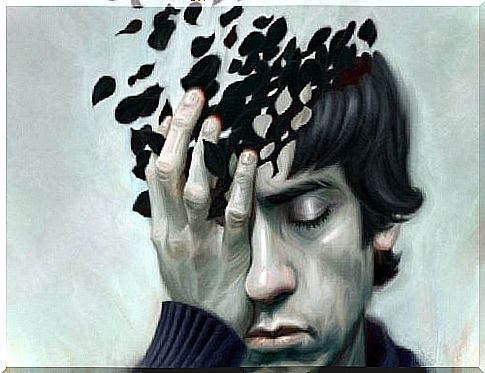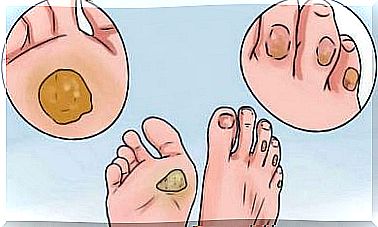5 Things You Don’t Know About Depression

Depression is one of the most common mental illnesses in our society today. According to data from the World Health Organization (WHO), it is estimated that it affects almost 350 million people, and that in coming years this number may increase.
We cannot forget that this disorder also affects children and a good part of the younger population. In addition, depression results in a large number of suicides every year, but the data are not always publicized.
We are undoubtedly talking about one of the so-called “invisible” diseases. This is also the case with fibromyalgia, lupus or bipolar disorder. These are sufferings that cannot be perceived by the eye alone, that do not leave wounds and with which the general population may not have empathy.
Nor is it easy for healthcare professionals to diagnose or treat these illnesses. During primary care consultations, physicians have almost no time to thoroughly assess the patient, and there are times when it is not possible to make a good diagnosis.
The pharmacological treatments used are not always as effective. A psychotherapeutic approach and support from our society and institutions are also needed to be more receptive to these realities. Perhaps this is why, in many cases, affected people feel alone.
In this article, we want to talk about a series of dimensions that everyone should know about this disease.
1. Depression is not cured overnight

How long it takes for depression to heal or overcome depends on its severity. The most complex part of this is that the people around, many times, can pressure the patient with inappropriate phrases, such as “ be more positive ”, or “ this is nothing, see things differently ”.
- A very delicate inner restructuring is needed. In addition to medication, the person must make a very complex internal journey to learn to focus their thoughts, their emotions in another way…
- It is possible that, after three months with the pharmacological treatment, the person experiences improvements. However, sometimes residual symptoms such as tiredness, insomnia or fatigue may remain. Dimensions that, at a certain point, can reactivate the disease. It takes time, support, patience and a lot of courage.
2. Depression often manifests itself with anxiety
Sometimes, many people take a long time to receive their diagnosis because it is confused with other aspects.
“ What you have is stress, you should take things more slowly ”, or “ I’ll give you something for your anxiety… ”
All of these are, without a doubt, incorrect approaches. Because depression has many faces, many behaviors that you don’t always see at first glance.
- About 65% of patients with depression may experience a high level of anxiety.
- Many of them manifest bad mood, apathy, constant annoyance and the inability to enjoy anything.
It is necessary to consult a good professional to provide us with an adequate diagnosis.
3. Depression is not due to sadness

It is common to associate a depressive state with sadness. However, most of the time, it is like a “snowball” in which many aspects are integrated. Many “little things” that build an authentic wall.
- The feeling of being helpless, disappointment, frustration, anger, worries, fear… There are multiple “little nothings” that gradually surround the person in their personal prison.
- We must also not forget that the genetic component has an important weight.
- Even so, processes such as depression during the winter, related to the lack of sunlight, and loneliness, are also another reality that must be appreciated.
In summary, depression has multiple origins, from situational, emotional, to biochemical.
4. No one chooses to have this disease

A depression is not synonymous with weakness, lack of courage or a character that does not develop good personal strategies. In fact, we can all experience a mental disorder at any point in our lives.
No one is immune to suffering, or even an alteration in our neurotransmitters. We cannot forget that depression is, in many cases, a “chemical wreck” of our brain, where we do not always have full control.
5. Depression distorts thoughts
This disease appropriates the person in every way. It takes away your energy, your motivation and even your autonomy.
We stop worrying about our cleanliness, whether we should eat or not. In addition, it is very likely that it puts in our mouths words that we do not want to utter.
- A bad mood, annoyance, constantly refusing to leave the house, to make plans, to spend quality time in company, is something very complex for many families.
- It is necessary for the environment to understand who suffers from this disease. Let us be sensitive to the fact that it is the disease itself that speaks, and that we must be patient and be more loving, affectionate.
Sooner or later, this tunnel of obscurity is overcome. The inner courage and support of family and good experts are, without a doubt, the best pillars to achieve this.









